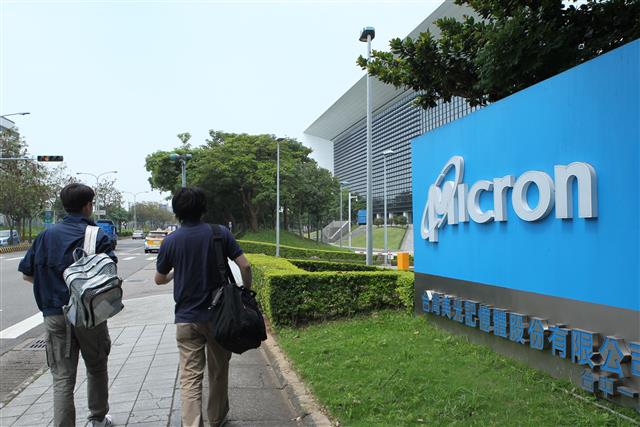Micron Technology, a key player in the memory chip industry, faced a setback recently when an earthquake hit Taiwan on April 3, affecting its dynamic random access memory (DRAM) supply. The earthquake’s impact is expected to reduce the DRAM supply by up to a mid-single digit percentage for a calendar quarter.
Taiwan, known for its significant role in the global chip supply chain, is home to four of Micron’s locations. This raised concerns about a potential disruption in the company’s operations. Although Micron is not yet at full DRAM production post-earthquake, it assured investors that there would be no long-term impact on its DRAM supply capability.
DRAM is a crucial component used in data centers, personal computers, smartphones, and various computing devices. Micron’s stock has been on a rally, driven by soaring demand for its chips from the booming artificial intelligence (AI) industry. The company announced in February that it had commenced mass production of its high-bandwidth memory (HBM) chips for use in Nvidia’s H200 graphics processing units, which are integral for AI applications.
CEO Sanjay Mehrotra revealed in March that Micron’s HBM chips for 2024 were already sold out, with a majority of the 2025 supply already allocated. This underlines the strong demand for Micron’s products in the AI sector. HBM chips, considered a stacked DRAM technology, are essential for the development of AI applications.
Despite these challenges, Micron has not disclosed whether the earthquake will impact its HBM chip supplies. The company continues to navigate through these disruptions to meet the growing demand for its products in the AI industry.
(Source: Barron’s | Market Watch)









